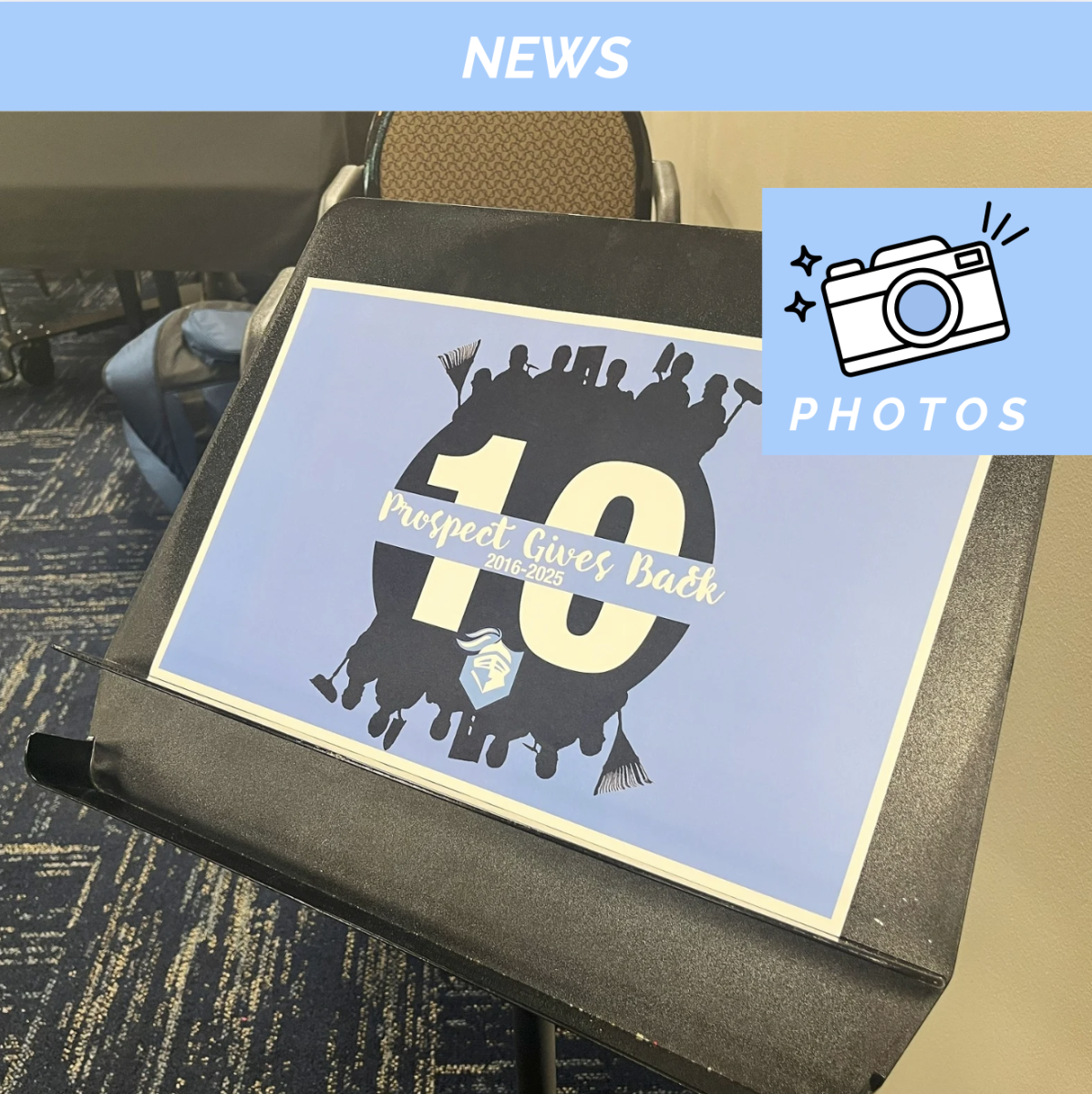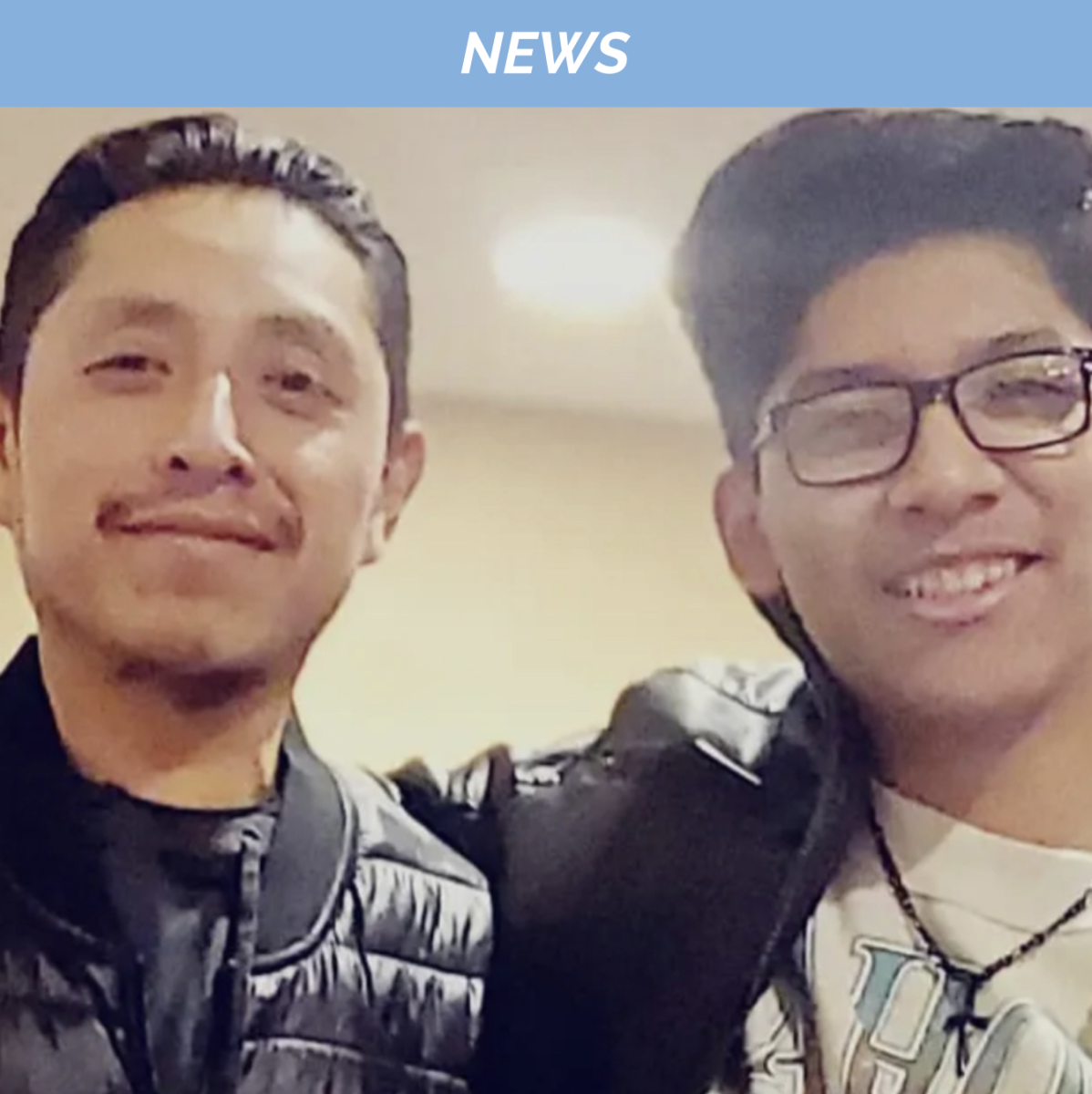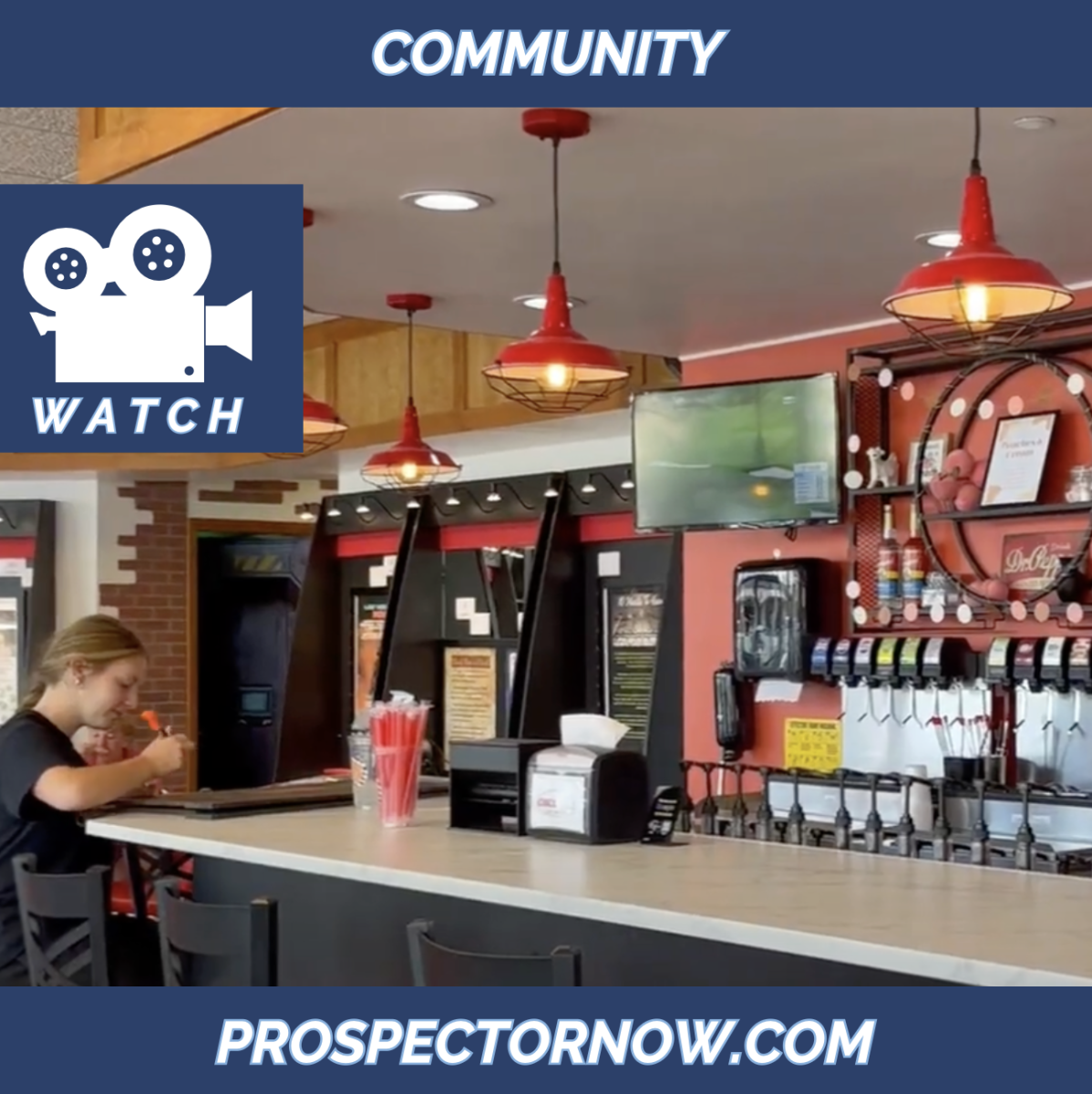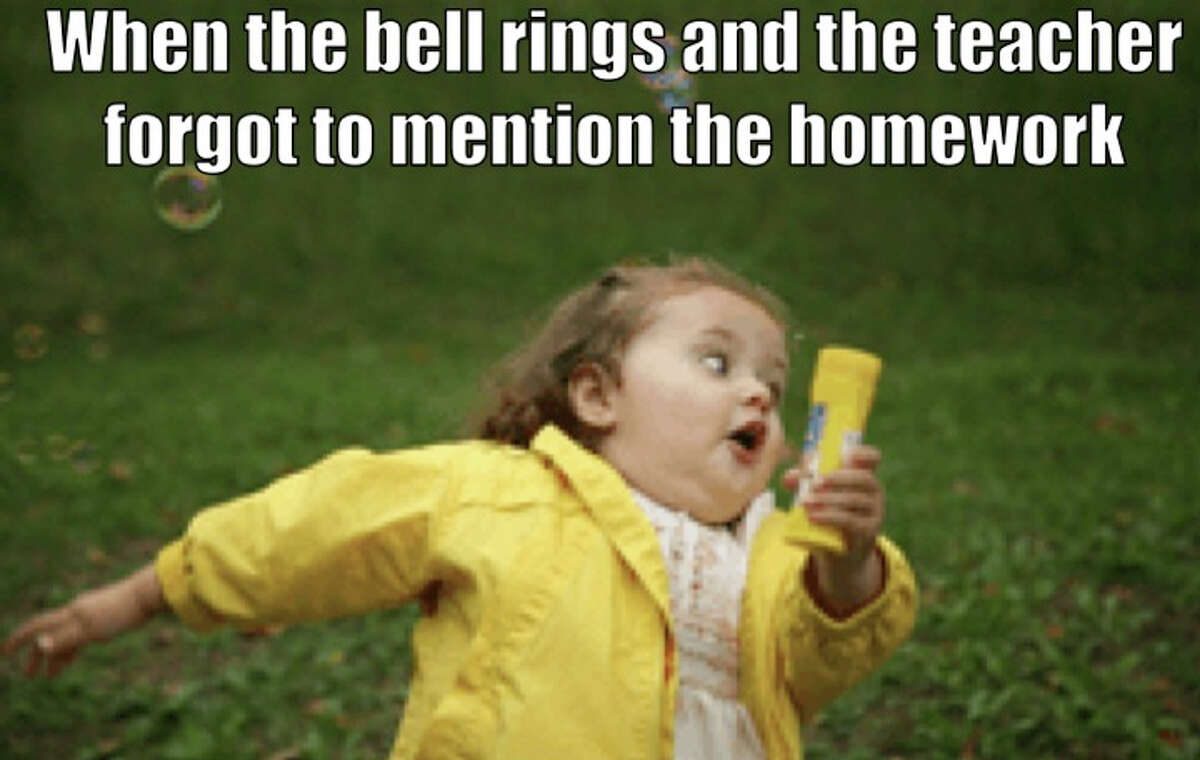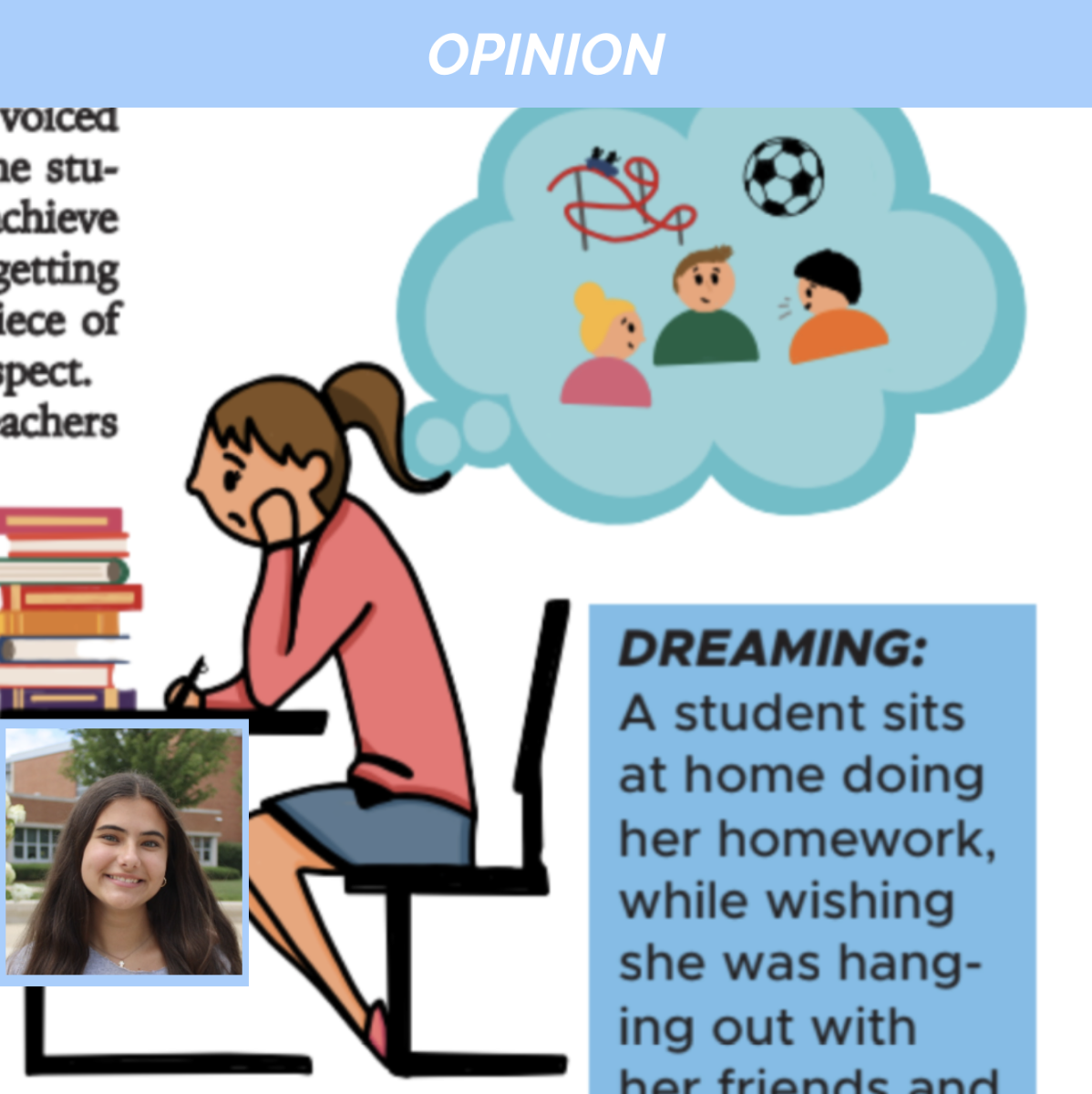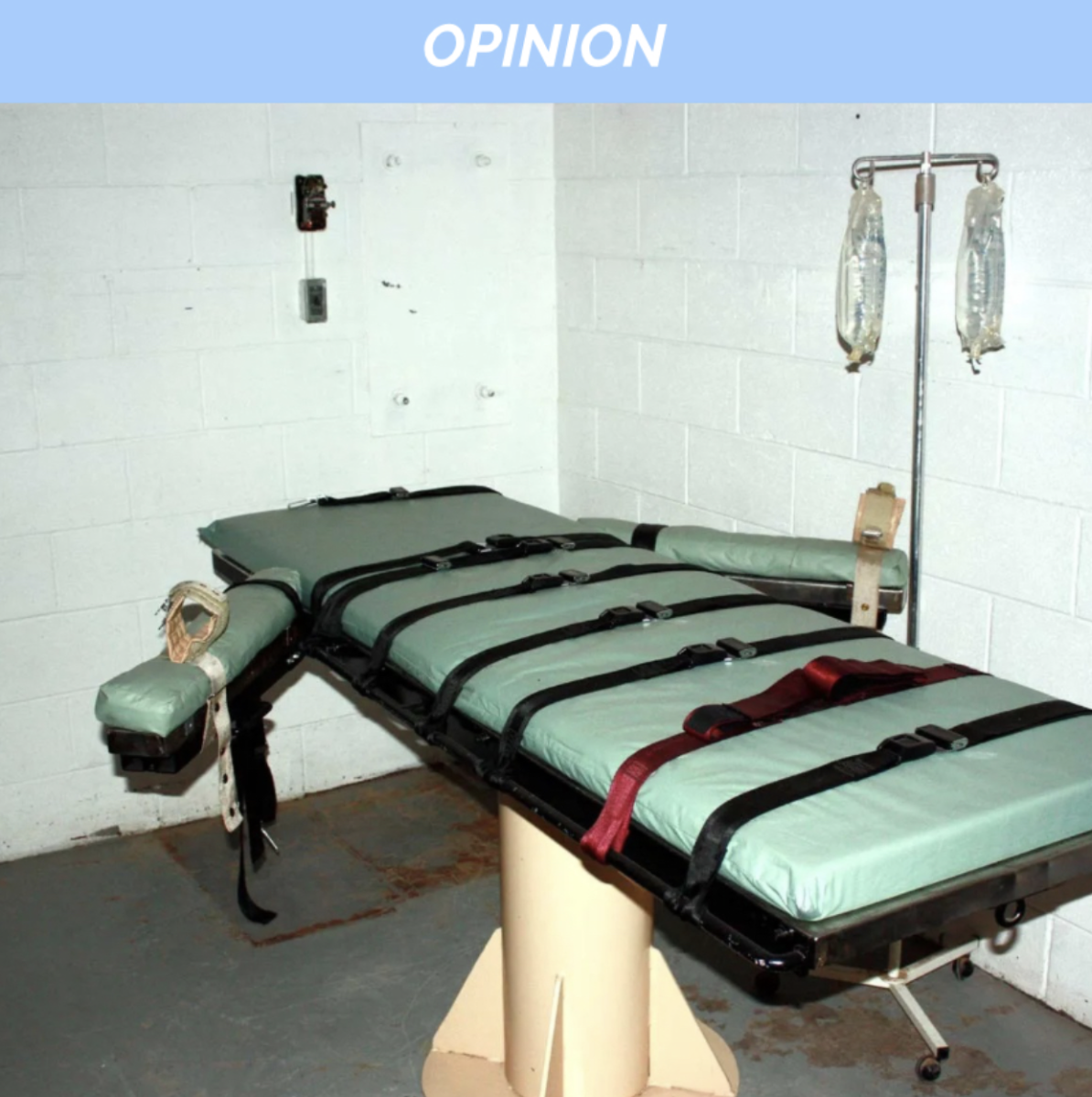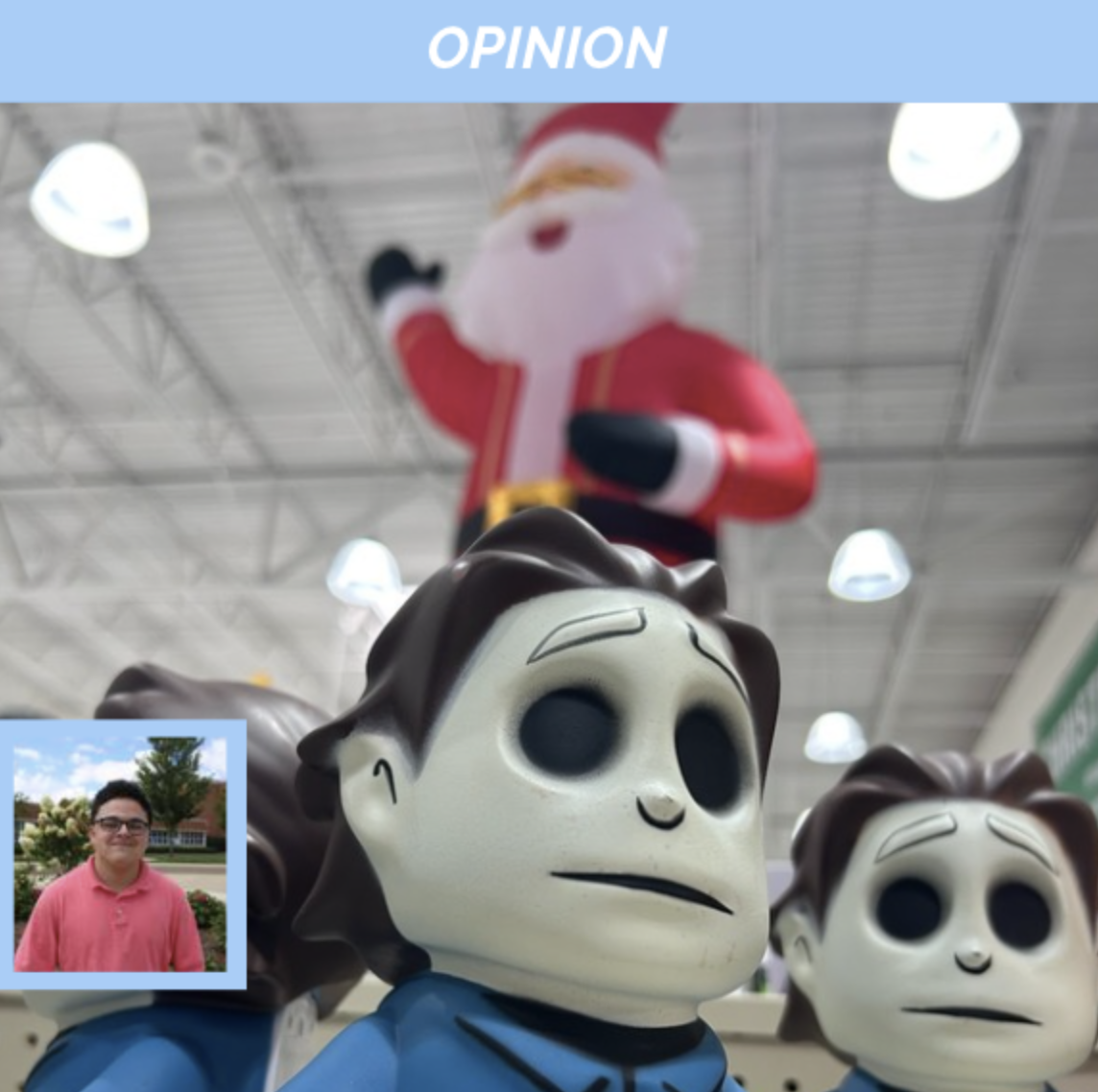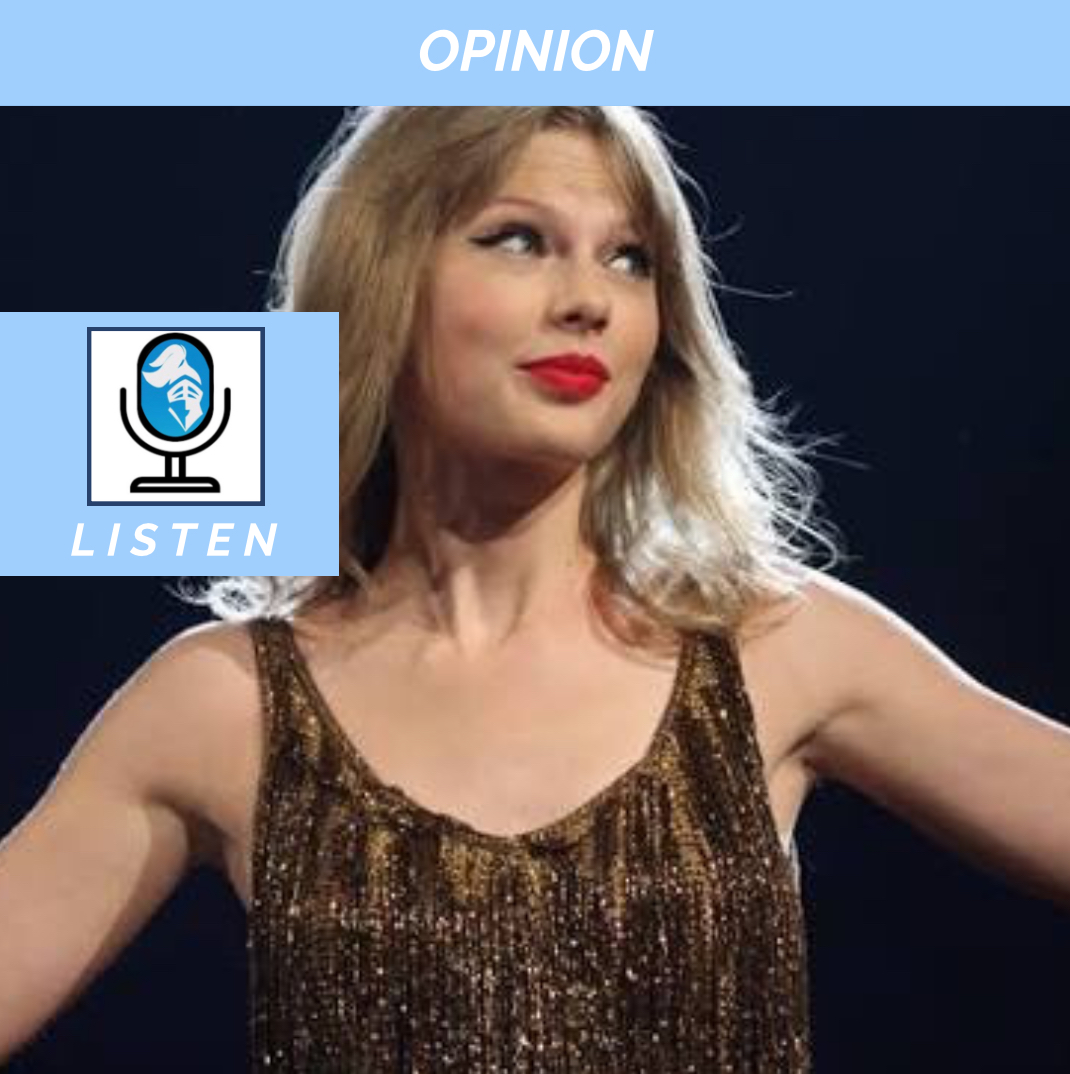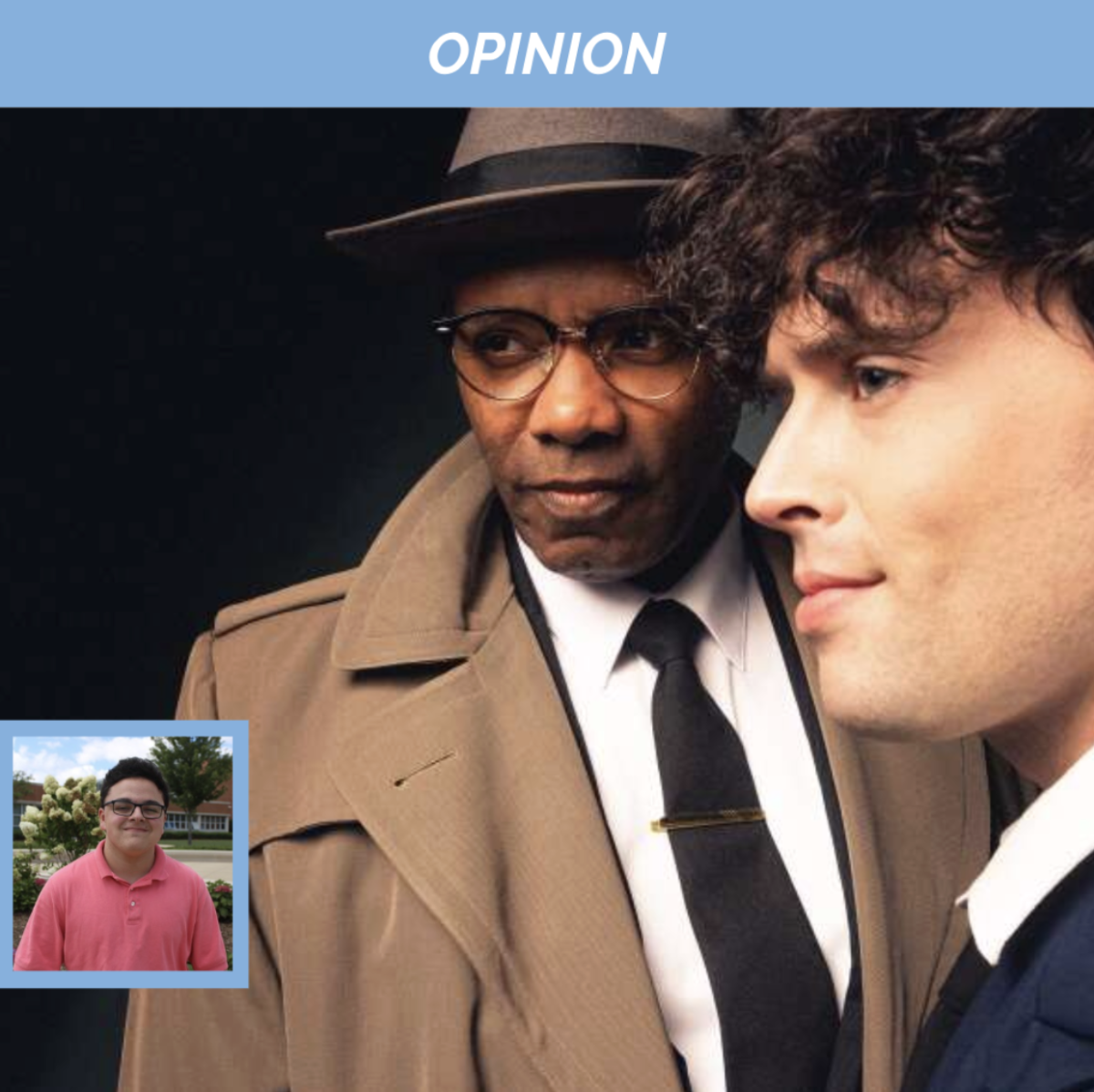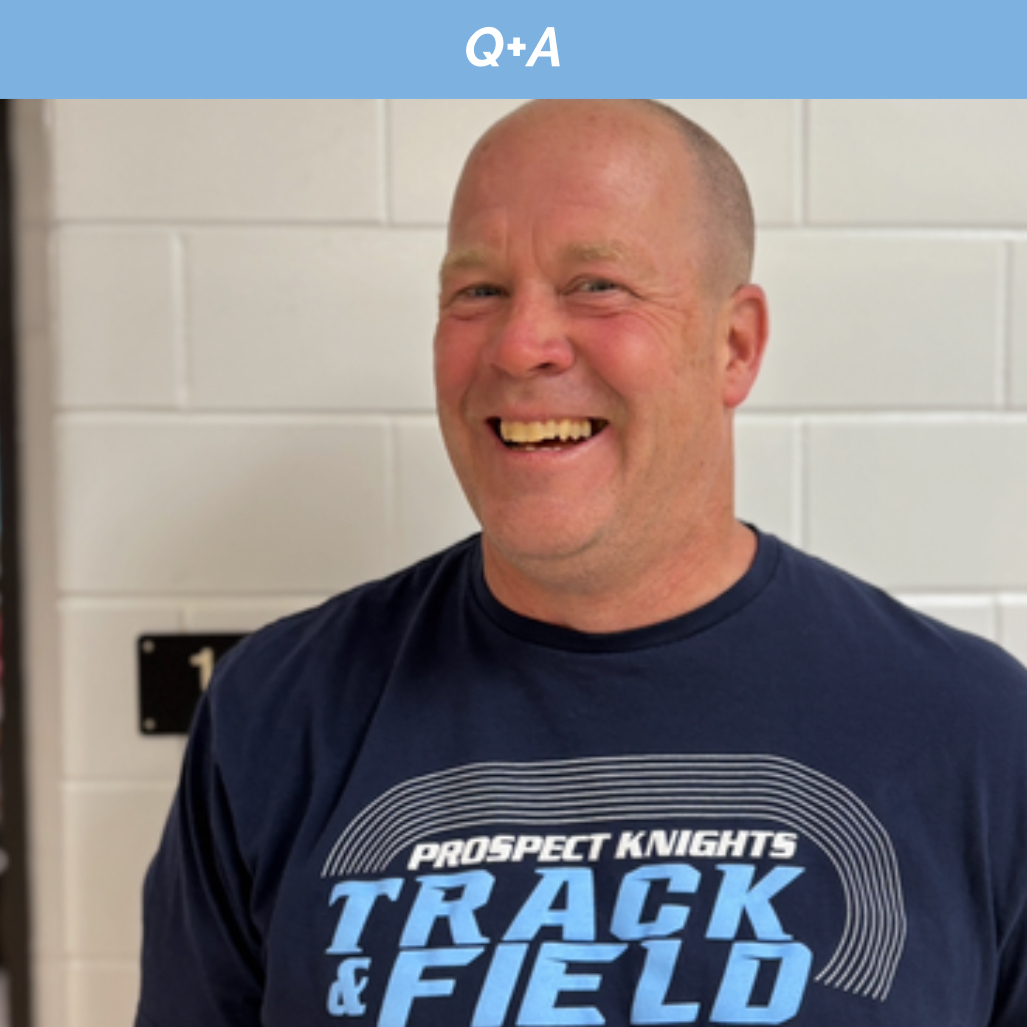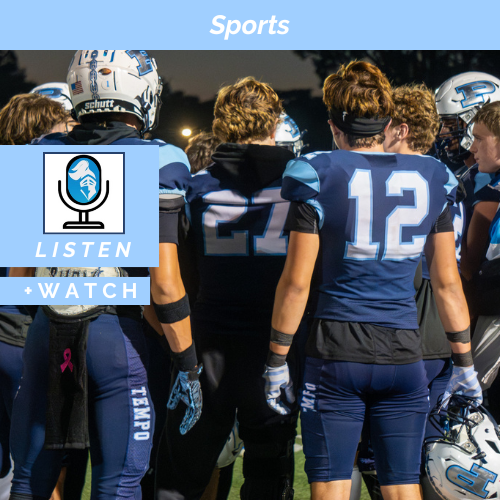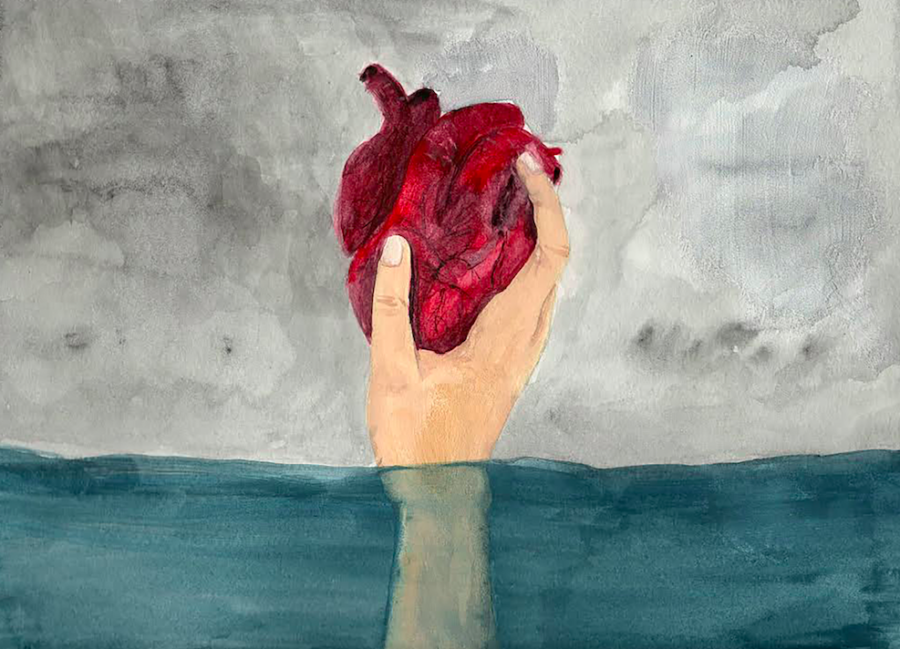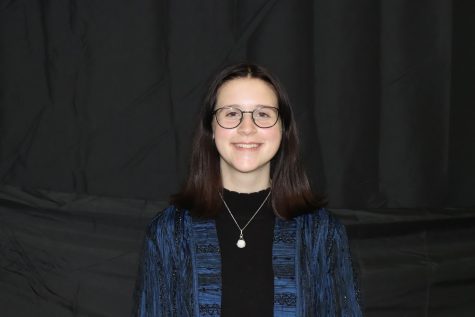STUDENT SHARES MENTAL HEALTH EXPERIENCES
May 20, 2021
For Senior Sarah Ryan, having anxiety and not knowing what it was in 6th grade made her feel like she was dying because she could not pinpoint her illness or articulate her needs. Ryan thought she had a physical illness because she did not understand that the body can react to stress in physical ways. She would tell her mom that her stomach hurt so bad and she didn’t know what was going on. At first she thought she needed to see a doctor, and the doctor Ryan saw ended up telling her that she had anxiety.
At the time, she did not think that experiencing problems with mental health could happen to her, and she did not think that mental health conditions were as common as they are. She would get earth-shattering stomach aches and headaches extremely frequently, but she did not understand what was going on. She remembers feeling so scared.
That fear carried on into 6th grade when Ryan had a therapist who ruined therapy for her up until freshman year. Ryan said she would have been going to therapy regularly earlier in life if she did not have a bad experience. She remembers being in a big room with brown walls and books everywhere while sitting across from an older woman.
“I didn’t know how to explain my situation and … how to connect to her,” Ryan said. “So I just remembered feeling very … out of place.”
She had never been in a therapist’s office before, and, to her, it felt very strict as if something was very “wrong” with her.
Before Ryan met her second therapist, she wanted to like her because she did not like her last therapist. She went into their first meeting expecting not to like her. The first session was less than pleasurable, but her mom encouraged her to go back. Then she realized when going back that she just needed more time with her therapist.
At times Ryan thinks it can be hard to see how much progress is truly being made when in therapy. She was told to keep a journal, and she goes back and reads old entries and realizes things like her self awareness, her perception of other people and her maturity level have changed for the better over time.
` “You grow so much as a person,” Ryan said. “And I think I … always thought I was … as mature as I am right now, but … I’ll be more mature tomorrow than I am today.”
In therapy Ryan sometimes finds herself questioning if she still needs to go back but then will be so thankful that she keeps going two sessions later. A majority of the time she feels better when she leaves the office, but that is not always the case. Ryan does not always feel the best when she leaves, but she recognizes that is part of the process. She understands that not every therapy session will always help her.
To Ryan the journey of mental health is one that is slow and hard, but it is also one that has helped Ryan realize she is so much stronger than she initially thought she was.
“I’m proud of myself and … how I carry myself now as opposed to like the scared and … unknown person that I was before,” Ryan said.
Ryan regularly makes posts on her main instagram account so that other people can feel comfortable with themselves and where they are at mentally. Some people question why Ryan posts about mental health awareness, but she posts for the people who text her and reach out after she posts something saying, “Thank You.” As long as she can help one person by talking about what she has been through, that is all she could ask for.
“Everyone is normal, and I just want them to feel safe within their own identity,” Ryan said. “And that is just how the world should be, and, unfortunately, it’s not, and it’s a fight that we’re gonna have to fight forever.”
Ryan recognizes that not everyone can stand up for themself within what point they are at in their mental journey. That’s why she likes to talk about mental health so much with the people around her. She wants people like her from middle school to feel like it is okay to deal with mental health struggles.
“I’m very grateful for my time in therapy, and … the time that I’ll continue to have in therapy,” Ryan said. “And I think it helped me a lot as a person.”
At times people wouldn’t understand why Ryan wasn’t doing homework, and they thought she was lazy. People questioned why she slept in so much and why it was hard for her to eat. They were big questions which she even started to ask herself. She felt like something was more “wrong” with her than there already was to begin with.
“I don’t think people realize how harmful stigma is because it’s just words,” Ryan said. “And that’s a really hard thing for someone to hear even if it is just words because it’s like they’re trying their best to get up in the morning [and] to eat … [and do] all these basic daily things that are like so challenging for such a big group of people.”
Ryan wishes that people recognize therapy is not only for the diagnosed mentally ill, it’s for people who just have questions for who they are. People can go if they just want to go for one session or two. A lot of people have the preconceived notion that therapy is a year long process or longer. Sometimes people only need one session where they ask questions and ask about how to deal with situations to get tools to handle daily problems or bigger problems.
The summer going into junior year, Ryan finally accepted that her having anorexia was a serious issue. She would wear big sweatshirts so that people would not notice, and that was a really low point for her. She knew what it was, and she kept it to herself and did not tell anyone for years
Ryan’s eating disorder started because of her anxiety. Her stomach hurt so bad that she questioned if it would be easier if she did not eat food. She tried not to and then not eating helped her stomach pain. She kept doing it and thought it was the one thing that worked for her. It got to a point where she was skinny, and she liked the way she looked when she was in that state. When she would eat food, her stomach would hurt, and she wouldn’t like the way she looked.
The reason she didn’t tell people was not just because she liked the way she looked. She was most scared about how her habits were the only thing that was helping her stomach at the time. She thought if they made her stop, she would never be able to find something that would help her again. It was a scary time for her because she was trapped by something that was very bad for her yet it was helping her deal with her stomach aches from anxiety.
She told one of her friends first in a Portillo’s parking lot. She turned toward her in the driver’s seat, and she blurted out,“I have an eating disorder, and I don’t know how to tell you.” This happened last year and what upset her at the time was that nobody really talks about eating disorders even though they are pretty common. She didn’t know she could talk about it. She did not know anyone else that had the same issue that she did. Her telling a friend was a big deal.She gradually told her friend group, and she did not tell her parents until months later.
This past school year Ryan was put on a medication, and she was going to be put in a psych ward because she was not doing well with her own safety.
“It just got to the point where no one could help me in that sense,” Ryan said. “So, they were gonna put me in an institution which was really scary. It was probably … my lowest point I’ve ever had.”
In that moment if she went back to talk to herself, she would say that all of her emotions were valid. She doesn’t think that she would have said pain is temporary or she would get through this. She would tell herself to keep breathing and living. She would tell herself small things like to remember what fluffy cows look like or that she has not heard her favorite song yet.
When Ryan was seeing her psychiatrist that she did not want to be here anymore but said she was not actually going to take her life, her psychiatrist said since she was saying those things, she had to send her off legally. She knows he was doing his job, but she felt helpless and as if she wasn’t getting the help she needed. She does not want people to think those bad experiences though is what therapy is like.



